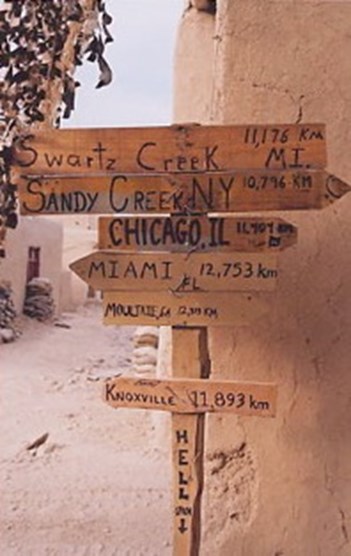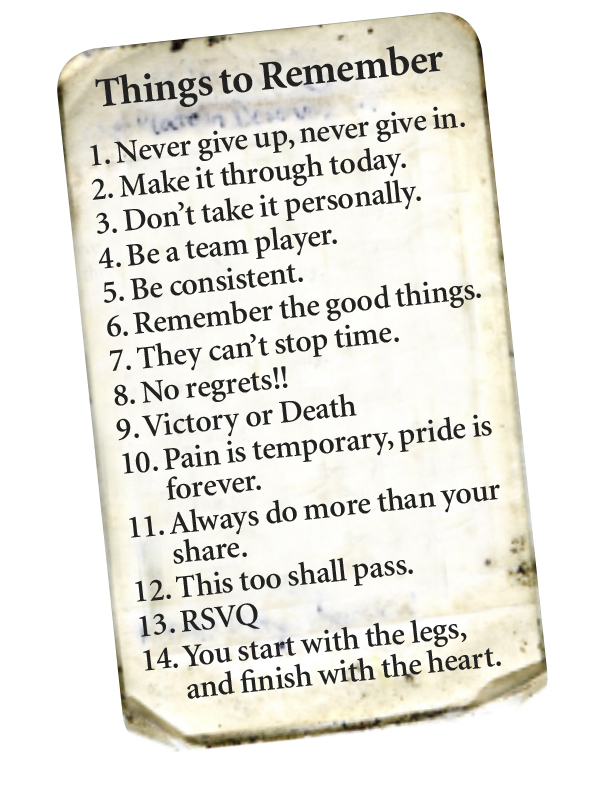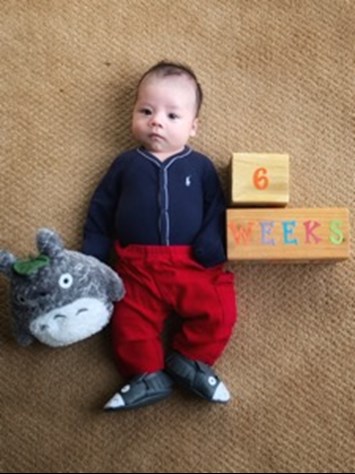“The story I tell myself is not a tragedy,” Brunswick Partner Craig Mullaney says of his combat experience. “The most painful chapter in my life is also my proudest.”
Under lockdown, a new tradition has spread from one Brunswick office to another: At day’s end, a colleague sends a short essay to his or her working-from-home office mates. These are funny, sad, inspirational and philosophical notes, often sprinkled with favorite recipes and TV shows. They’re as well-written as you’d expect, if you know Brunswick. The Review is selecting a few to share with a larger audience. This contribution is from Craig Mullaney, a Partner and Leadership Advisor in Brunswick’s Washington, DC office. A US Army combat veteran, Mr. Mullaney is the bestselling author of “The Unforgiving Minute,” a memoir about his education at West Point, at Oxford as a Rhodes scholar, and on the battlefields of Afghanistan.



